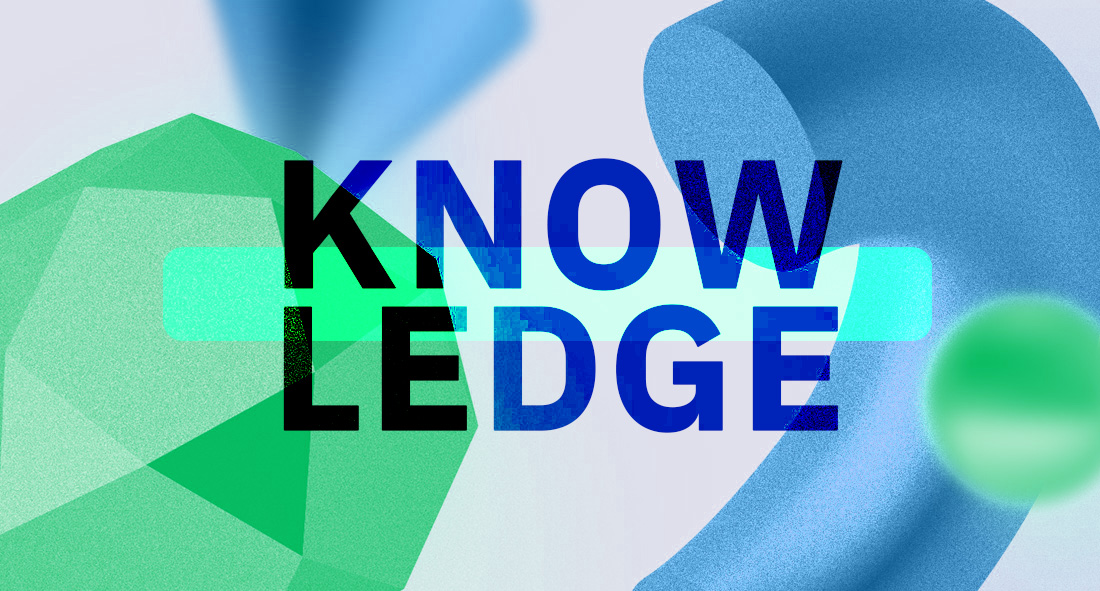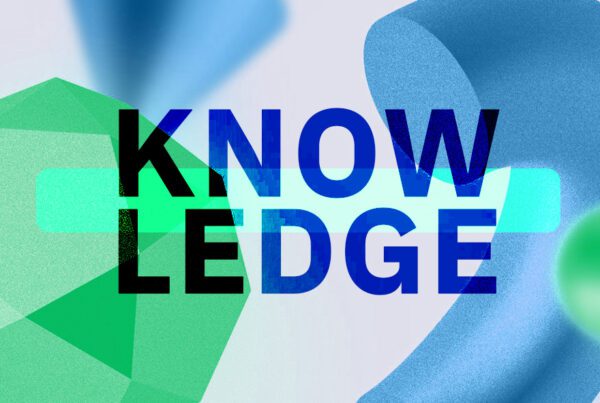Cryptocurrency has revolutionized the way we think about financial transactions, offering a decentralized, digital alternative to traditional fiat currencies. Integral to this system are crypto wallets, which are essential tools for anyone looking to use or invest in cryptocurrencies. In this article, we will explore the various types of cryptocurrency wallets, their uses, and how to choose the right one for you, with at the end a special focus on the offerings of Mintera and their integration with Wallet Connect.
Understanding Crypto Wallets
A crypto wallet is essentially a digital tool that allows users to store, send, and receive digital currencies like Bitcoin, Ethereum, and countless others. Unlike a physical wallet that holds actual cash, a crypto wallet doesn’t actually store currency. Instead, it keeps your private and public keys safe and interacts with various blockchains to enable users to monitor their balance, send money, and conduct other operations.
Brief History of Crypto Wallets
Crypto wallets started with the Bitcoin Core wallet in 2009, enabling basic transactions with Bitcoin. As more cryptocurrencies emerged, wallets evolved to support multiple currencies and became more user-friendly. Major developments include hardware wallets like Ledger and Trezor in 2014 for enhanced security, and later, wallets like MetaMask for interacting with Ethereum’s decentralized applications. One of the latest advancements is Multi-Party Computation (MPC) wallets, offering increased security through distributed key management.
Types of Cryptocurrency Wallets
Hardware Wallets
Hardware wallets are physical devices designed to store cryptocurrency private keys offline. They offer enhanced security by being much harder to hack or to compromise. Usually regarded as the most secure type of wallet, they ensure private keys never leave the device. However, they can be expensive and are less convenient for those who need to perform quick or frequent transactions.
Among the most prominent hardware wallets in the market, the Ledger series, particularly the Ledger Nano S and Ledger Nano X, stands out for its robust security features and support for a wide range of cryptocurrencies. Another option is the Trezor wallet, which is highly regarded for its ease of use and strong security protocols.
Software Wallets
Software wallets are versatile applications available for computers, mobile devices, or online access. They are in forms of Desktop wallets, Mobile wallets, and Web wallets.
Desktop wallets, installed on PCs or laptops, aim at striking a balance between security and convenience. Mobile wallets, as smartphone apps, are better suited for frequent, everyday transactions. Web wallets, accessible through browsers and often offered by exchanges, are usually convenient for regular use. They are generally free and user-friendly. However, software wallets are more susceptible to online threats such as hacking and phishing, and there’s often a reliance on third-party services, especially with web3 wallets.
Among the most popular software wallets, MetaMask stands out for its wide usage, especially for Ethereum and ERC-20 tokens, and its integration with web3 applications. Other notable wallets include Trust Wallet, known for its broad cryptocurrency support and user-friendly interface, and Exodus, which is known for its ease of use.
Paper Wallets
Paper wallets are a traditional form of cryptocurrency storage, where public and private keys are written down or printed on paper. Their main advantage is fully offline storage, providing immunity from online hacking threats and viruses. However, they come with other risks, such as susceptibility to physical damage or loss, and are not user-friendly. Due to these drawbacks, and the advancement of more secure and convenient forms of wallets, paper wallets are now more rarely used, but they remain popular by some users to secure long-term holdings.
Multi-Party Computation (MPC) Wallets
Multi-Party Computation (MPC) wallets are an advanced type of cryptocurrency wallet that enhances security by distributing the management of private keys across multiple parties. This method ensures no single entity holds the complete key, reducing the risk of a single point of failure and increasing protection against cyber attacks. While offering improved security and control, MPC wallets are complex to set up and are relatively new, which means they have yet to be extensively tested on a large scale.
Crypto Wallets vs Exchanges
When considering where to store cryptocurrencies, the choice between using a wallet or an exchange is crucial. Wallets, particularly hardware wallets, offer more control over your funds. They enable you to personally hold the private keys, significantly reducing the risk of unauthorized access. In contrast, storing crypto on an exchange means the private keys are under the exchange’s control, creating potential vulnerabilities. Exchanges have historically been targets of high-profile hacks, resulting in substantial losses for users.
Moreover, recent events in the crypto community, like the FTX scandal, have underscored these risks. Such scandals have led to users losing millions, highlighting the dangers of entrusting assets to third parties. Given these risks, storing cryptocurrencies in a personal wallet is generally considered a safer option. This approach ensures greater control over your assets and reduces the likelihood of loss due to exchange failures or malpractices.
Choosing the Right Wallet
Choosing the right cryptocurrency wallet depends on personal preferences and needs, including factors like transaction frequency, technical expertise, and risk tolerance. Regular traders, who prioritize convenience and speed, might find web or mobile wallets more suitable, as they facilitate quick and easy transactions. On the other hand, long-term investors who are more concerned about security might lean towards hardware wallets or paper wallets, which provide robust protection by keeping private keys offline.
Multi-Party Computation (MPC) wallets offer a middle ground, balancing enhanced security with reasonable convenience. They are particularly suitable for those who want increased security without the complexity typically associated with hardware wallets.
In addition to considering these factors, it’s important to choose a wallet that you are comfortable with and that matches your level of technical proficiency. Familiarity with the wallet’s interface and functions can greatly enhance your experience and confidence in managing your crypto assets . Look for a wallet that is user-friendly, aligns with your security needs, and supports the cryptocurrencies you are interested in. Ultimately, the best wallet is one that you can use effectively and trust to keep your assets secure.
Mintera’s Approach
Understanding the diverse needs of cryptocurrency users, we have integrated Wallet Connect on our Mintera App, offering users the flexibility to choose the wallet that best suits their needs. Wallet Connect is a protocol that links users’ cryptocurrency wallets to decentralized applications (dApps), ensuring secure and seamless interactions. This integration allows Mintera users to securely store MNTE in their preferred wallet, whether for regular transactions or long-term holding. Additionally, it simplifies the process of buying, staking, and managing MNTE tokens through Mintera’s dApp, enhancing both convenience and security for the users.



